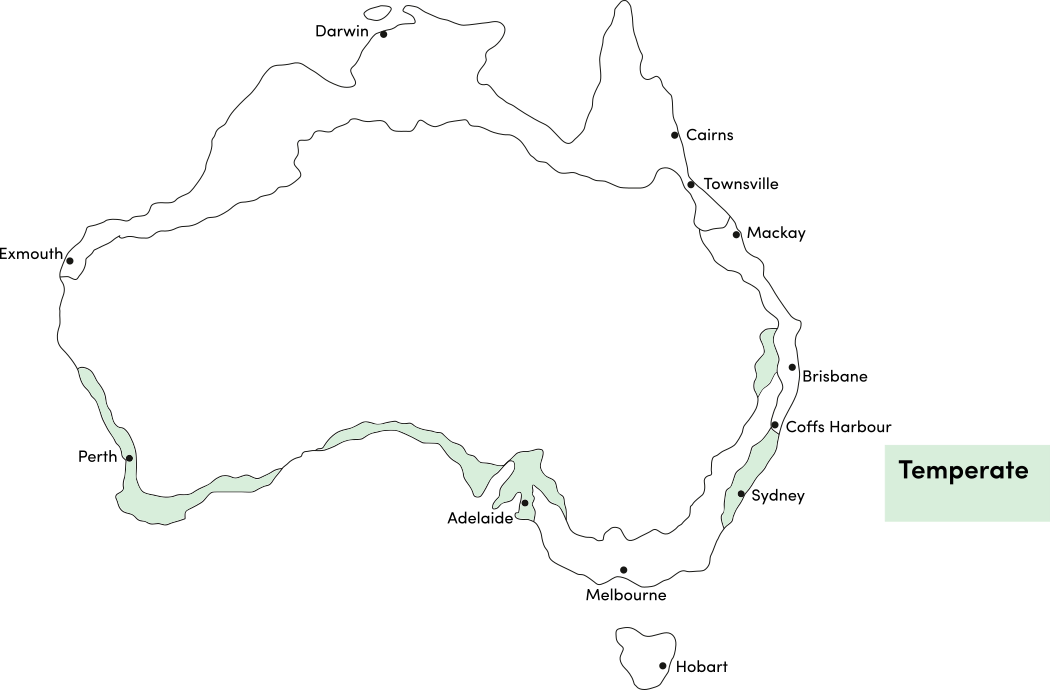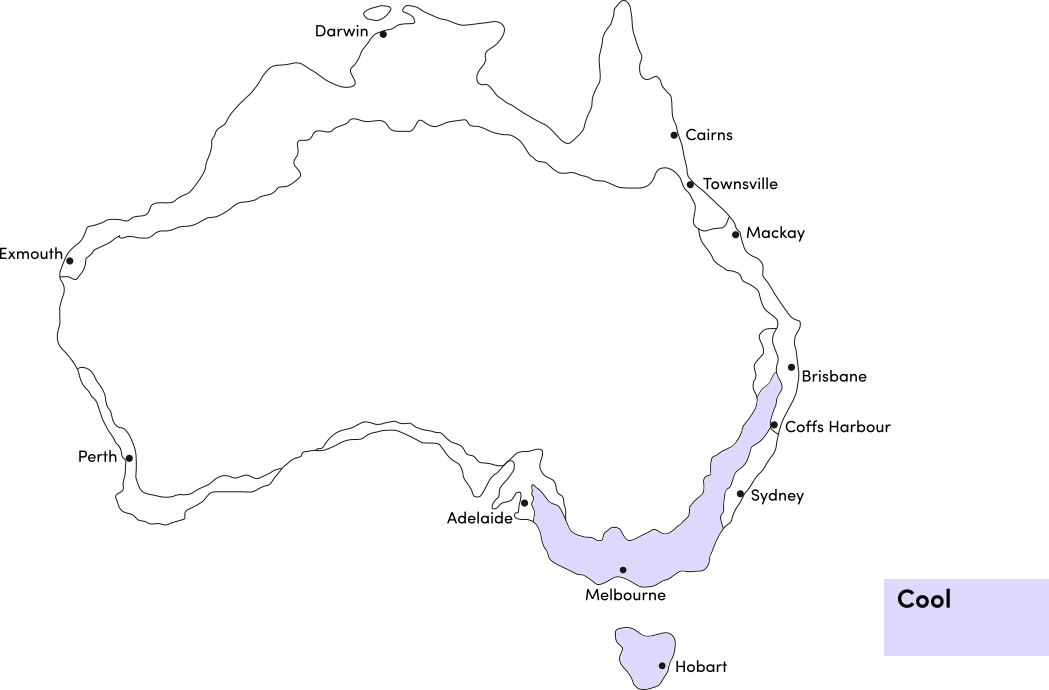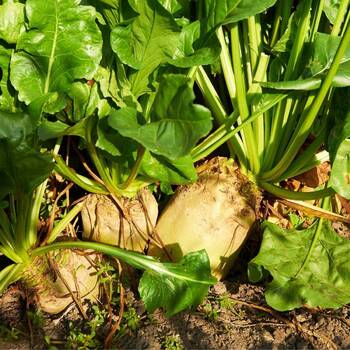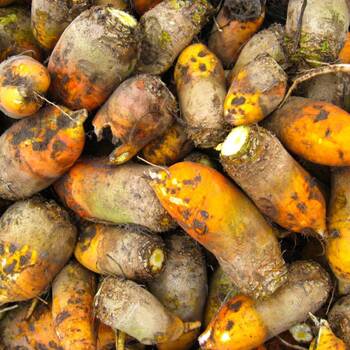
How to Grow Mangel Wurzel Seeds
Grow Guide #2287
Family: Amaranthaceae
Binomial name: Beta vulgaris
Life Cycle: Biennial (but usually grown as an annual)
This 'How to Grow' guide details everything a home gardener needs to know to plant, grow and care for Mangel wurzel (Beta vulgaris).
When to Sow Mangel wurzel Seeds
Mangel wurzel can be grown year-round in most climates. Avoid planting in extremely hot or cold weather which can affect germination and growth. Use the table below to identify the best time of year to sow mangel wurzel in your climate.
| JAN | FEB | MAR | APR | MAY | JUN | JUL | AUG | SEP | OCT | NOV | DEC | |
|---|---|---|---|---|---|---|---|---|---|---|---|---|
| Cool | ||||||||||||
| Temperate | ||||||||||||
| Sub-Tropical | ||||||||||||
| Tropical | ||||||||||||
| Arid |
Preparation
Mangel wurzel plants are best grown in full sun. Choose a location that will receive at least 6 hours of full sun each day.
Mangel wurzel plants need a loose, well drained soil enriched with organic matter. Prepare soil by weeding it thoroughly, digging it over to at least a spade’s depth to loosen the soil, and adding aged animal manure or compost. Organic matter can be dug into heavy soil to lighten it so roots can grow freely. Keep the area free of weeds until planting. Learn more about preparing soil for planting here.
How to Sow Mangel wurzel Seeds
Optional: Mangel Wurzel seeds do not require any treatment before sowing, but soaking seeds overnight in room temperature water prior to sowing may result in improved or more uniform germination.
Mangel wurzel seeds grow best when they are sown directly into the garden.
- Sow seeds directly in the garden 15mm deep and 30cm apart, with rows 50cm apart.
- Keep soil moist but never wet or dry.
- Seeds should germinate in around 5-10 days at a soil temperature of 10-30°C.
- Young seedlings will need protection from pests, pets and weather until they are established.
How to Grow Mangel wurzel
Mangel wurzel plants may need watering during the growing season. Water when the soil is dry about 5cm below the surface (test this by scratching away a little soil with your finger). Water deeply in the early morning or late afternoon. Avoid watering the leaves of plants to avoid fungal diseases. Learn more about watering here.
Optional: To give plants room to grow, thin seedlings when they are large enough to handle. Pull out any weak or small seedlings so plants are spaced about 30cm apart.
If soil was well prepared no extra fertiliser should be necessary. Fertilising can result in excessive leaf growth at the expense of roots forming. In poor soil use a fertiliser low in nitrogen and high in phosphorus, such as blood and bone, applied at the recommended rate.
How to Harvest Mangel wurzel
Mangel wurzel should be ready to harvest in approximately 150 days.
Leaves are ready to harvest when they are large enough to eat, and can be harvested as needed. Harvest leaves by cutting off the outer ones at the base, leaving some on the plant for future growth. Eat mangel wurzel leaves as soon as possible after harvesting. Store leaves short term in a perforated plastic bag in the fridge.
Roots are ready to harvest when they are large enough to eat, and can be harvested as needed. Harvest individual roots by gently pulling at the base of the leaves, or use a garden fork to lift multiple roots from the soil. Shake off any excess soil and cut the foliage 1-2cm above the top of the root. Store mangel wurzel roots in a perforated plastic bag in the fridge.
Common Problems when Growing Mangel wurzel
Like all plants, mangel wurzel is susceptible to some pests, diseases and other problems. Below is a list of the most common problems gardeners encounter when growing mangel wurzel plants:
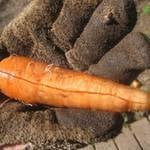 Split roots are usually caused by inconsistent watering when roots are mature. Water deeply and evenly to keep soil moisture consistent and always take recent or expected rainfall into consideration before watering.
Split roots are usually caused by inconsistent watering when roots are mature. Water deeply and evenly to keep soil moisture consistent and always take recent or expected rainfall into consideration before watering.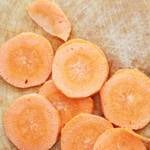 Tough roots usually indicate that the roots were harvested too late. Harvest roots when they are young and tender.
Tough roots usually indicate that the roots were harvested too late. Harvest roots when they are young and tender. Small roots can be the result of sowing too thickly or over fertilising. Thin seedlings to give roots adequate space to grow. Do not fertilise plants as this may encourage the growth of foliage at the expense of roots.
Small roots can be the result of sowing too thickly or over fertilising. Thin seedlings to give roots adequate space to grow. Do not fertilise plants as this may encourage the growth of foliage at the expense of roots.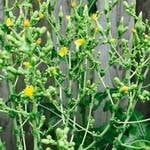 Bolting is when a plant prematurely flowers and goes to seed. Bolting can be caused by a period of extreme weather. Avoid sowing seed until after the danger of frosts has passed or in very hot weather. Water plants regularly and deeply in hot weather to prevent them suffering heat stress.
Bolting is when a plant prematurely flowers and goes to seed. Bolting can be caused by a period of extreme weather. Avoid sowing seed until after the danger of frosts has passed or in very hot weather. Water plants regularly and deeply in hot weather to prevent them suffering heat stress. Slugs and snails are molluscs that feed on tender leaves and shoots, mostly at night, leaving slimy trails behind them. Control them by removing their hiding places, keeping free range poultry, collecting them by torchlight or by placing traps. Read more about slugs and snails here.
Slugs and snails are molluscs that feed on tender leaves and shoots, mostly at night, leaving slimy trails behind them. Control them by removing their hiding places, keeping free range poultry, collecting them by torchlight or by placing traps. Read more about slugs and snails here.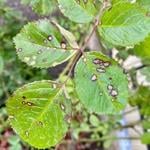 Bacterial leaf spot is a disease that causes irregularly shaped brown spots on all above-ground parts of a plant. The spots at first appear to be wet but become dry and scab-like over time. Leaves and flowers can fall prematurely. Water plants at soil level (not on the leaves), dispose of fallen leaves and fruit and practice crop rotation.
Bacterial leaf spot is a disease that causes irregularly shaped brown spots on all above-ground parts of a plant. The spots at first appear to be wet but become dry and scab-like over time. Leaves and flowers can fall prematurely. Water plants at soil level (not on the leaves), dispose of fallen leaves and fruit and practice crop rotation.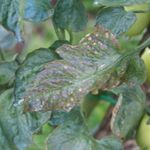 Downy mildew is a fungal disease that causes yellow to grey-brown patches on leaves, especially the undersides. Water plants at soil level (not on the leaves), remove and destroy affected leaves and do not overcrowd plants to ensure adequate air flow. If problems persist, spray with a homemade milk spray or fungicide.
Downy mildew is a fungal disease that causes yellow to grey-brown patches on leaves, especially the undersides. Water plants at soil level (not on the leaves), remove and destroy affected leaves and do not overcrowd plants to ensure adequate air flow. If problems persist, spray with a homemade milk spray or fungicide. Boron deficiency causes yellow leaf tips, hollow discoloured stems or soft brown centres in the roots. Dissolve 1 tablespoon of household boron in 5 litres of water in a watering can and apply when seedlings are 5-10cm tall. Do not use as a general fertiliser as boron is toxic to some plants.
Boron deficiency causes yellow leaf tips, hollow discoloured stems or soft brown centres in the roots. Dissolve 1 tablespoon of household boron in 5 litres of water in a watering can and apply when seedlings are 5-10cm tall. Do not use as a general fertiliser as boron is toxic to some plants.
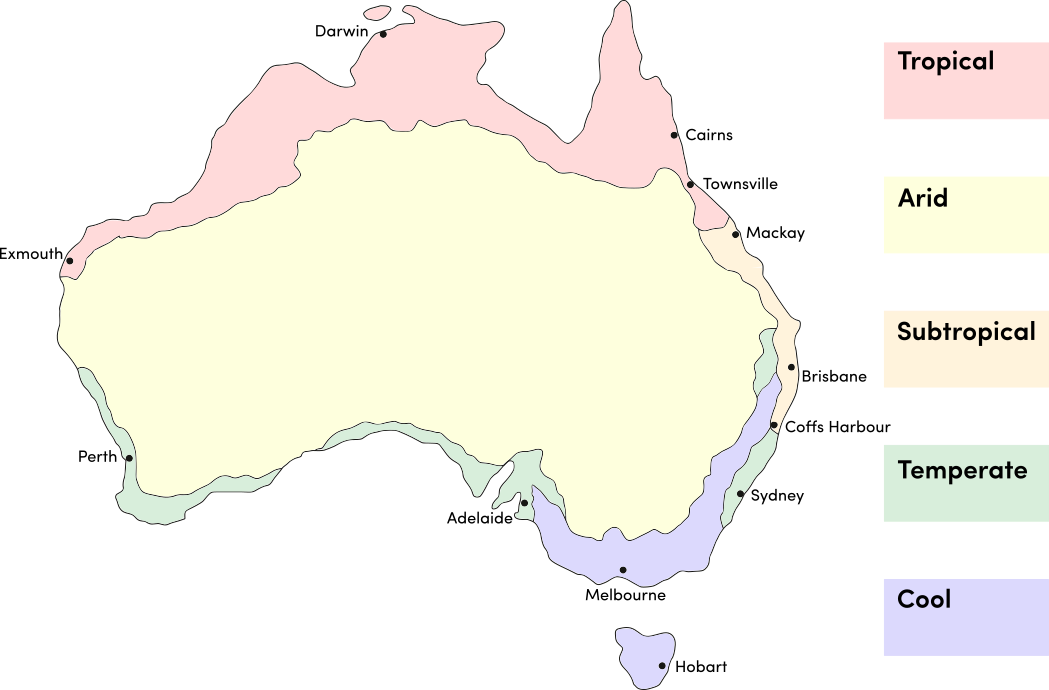
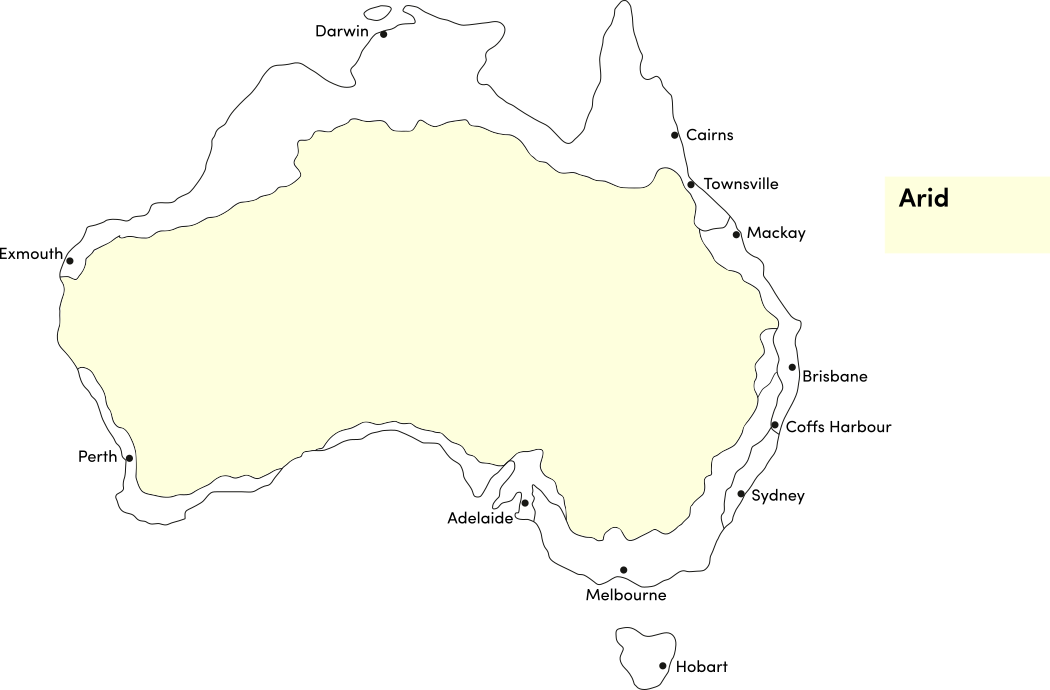
.png)

